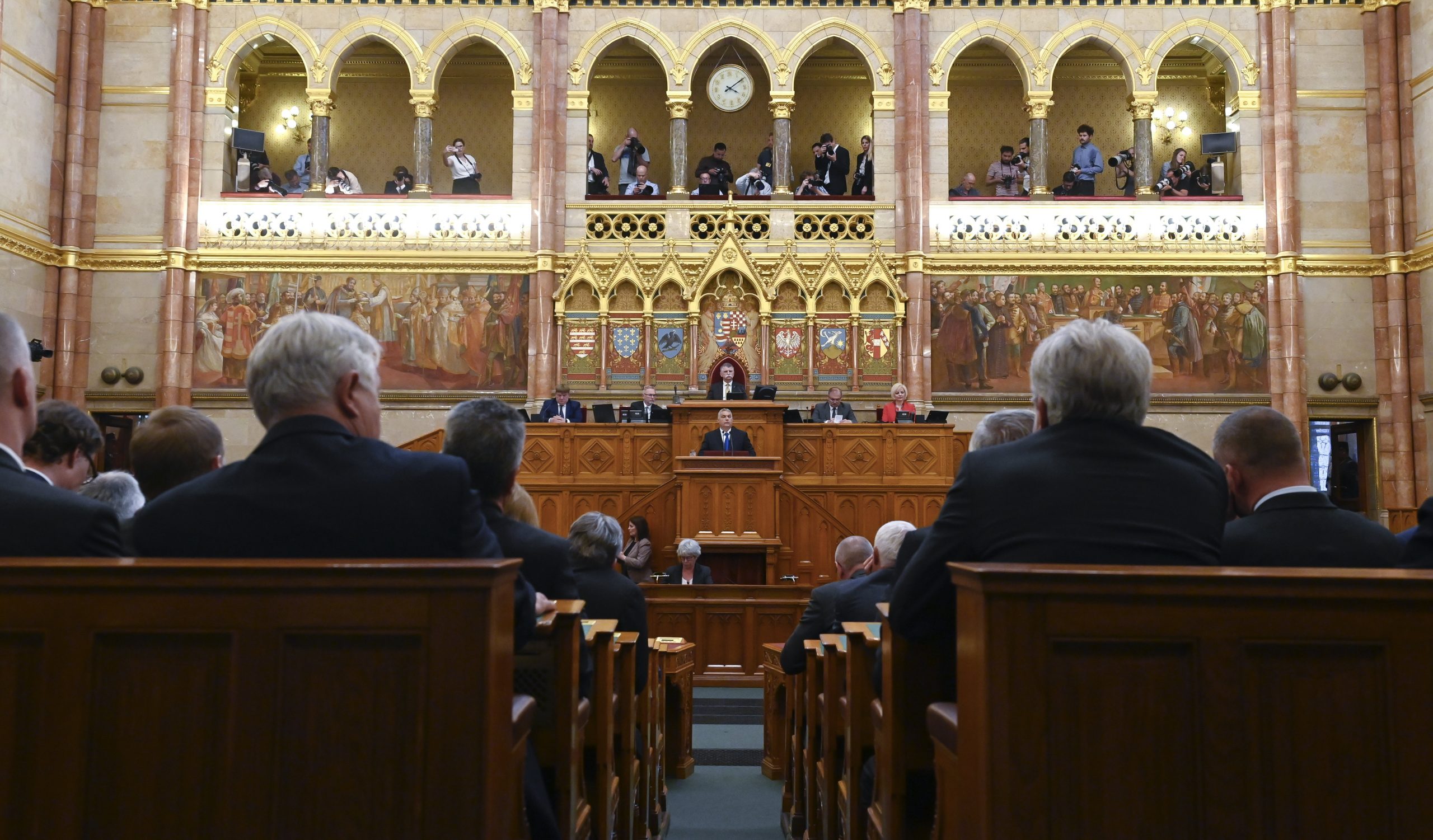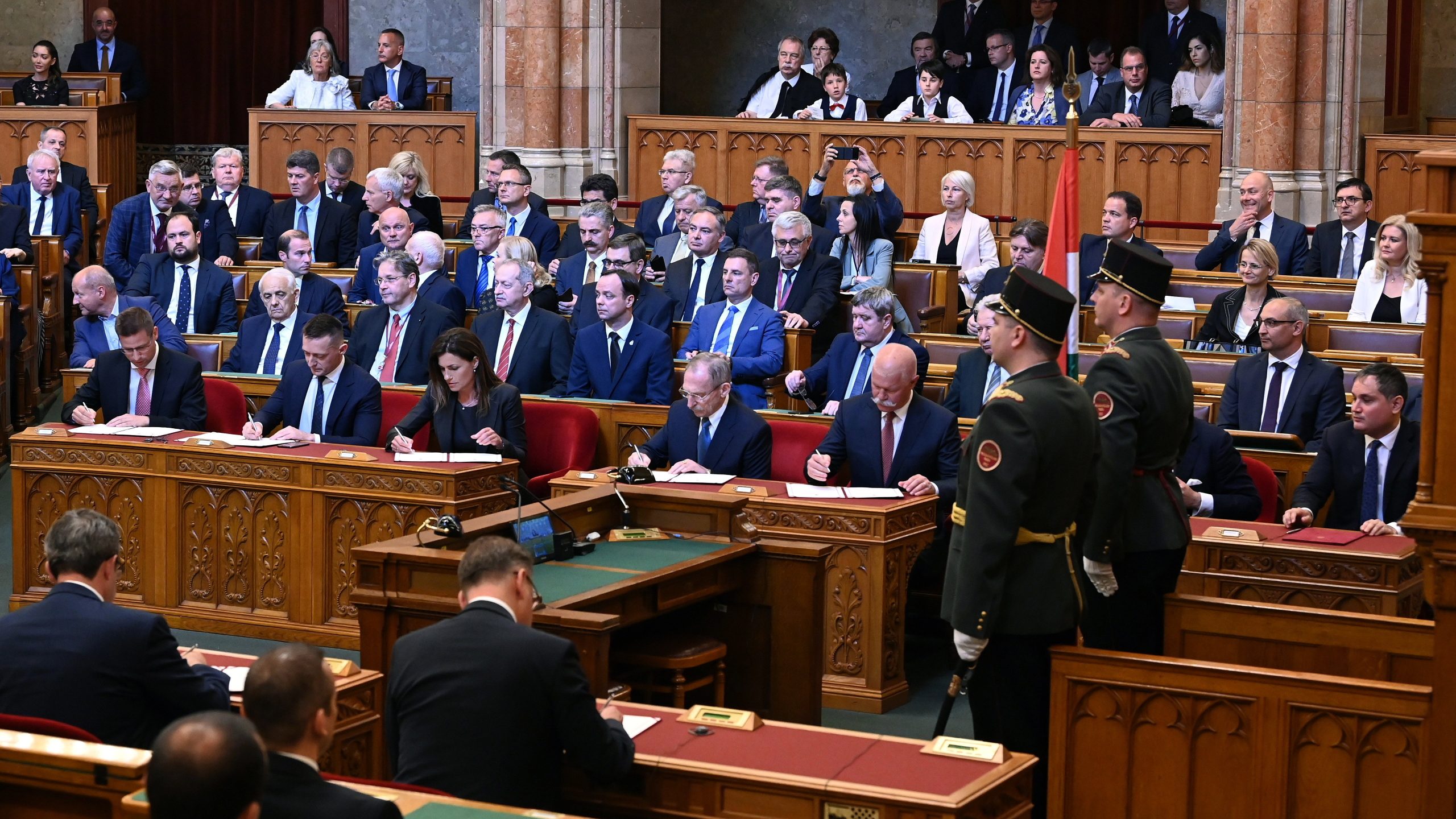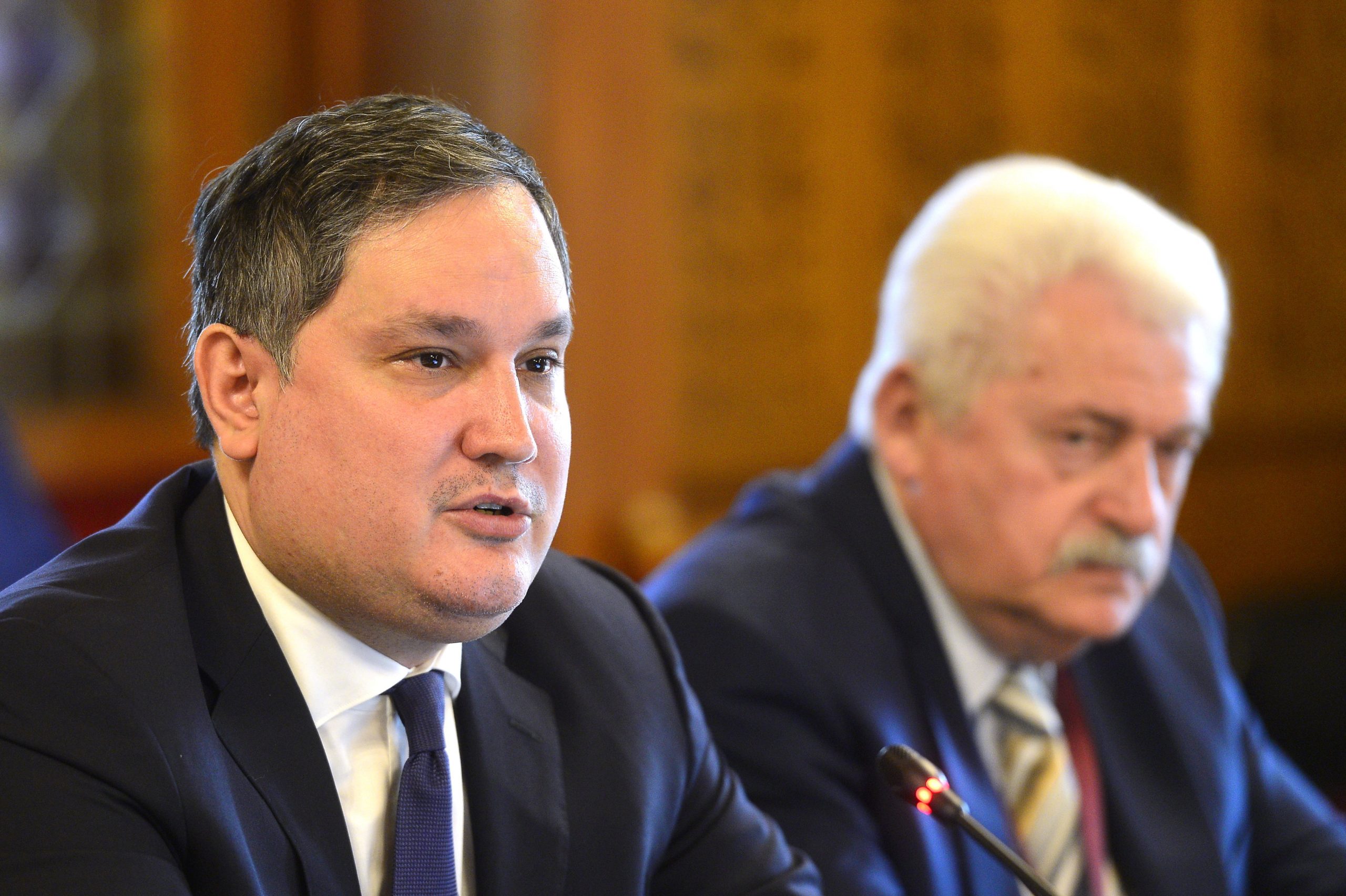
It has been known for several weeks that the new government will not have separate ministries for either education, health, or the environment. Several former ministries have been merged and combined, new ones have been created, and many areas have been moved to quite surprising places. For example, sports were placed under the Minister of Defense, while public education and health were transferred to the Minister of Interior. Let’s take a look at the most surprising moves.
This article was originally published on our sister-site, Ungarn Heute.
“The new government structure may seem unusual today, but experience from the corporate world shows that it is no longer those organizations that work within a rigid framework and with a fixed set of tasks that are successful, but those that work on a project-by-project basis and in collaboration with others to achieve their goals,” said newly appointed Minister János Csák, who is responsible for culture and innovation, at his hearing before Parliament’s Committee of Experts. The new minister will be responsible for numerous areas, including
- Family affairs
- cultural affairs
- vocational training
- higher education
- innovation
- science policy
- enterprise development
Related article
Duties and Powers of Members of Govt Published in Hungarian Gazette
The Hungarian Gazette (Magyar Közlöny) published a decree on the duties and powers of the members of the government, according to which Viktor Orbán represents the government, but in individual cases, he can also appoint other persons to represent the government.Continue reading
Surprisingly, the fields of public school education, vocational training, and higher education are treated separately, even being placed under two different ministries.
The independent Ministry of Health that many expected, will not be established in this legislative period either.
Former police officer (lawyer and politician) Sándor Pintér, who has been heading the Ministry of Interior for several cycles, jokingly remarked at his ministerial hearing that he did not want to “cure”, or rather, did not want to be directly involved in the work of healing. Instead, he wants to organize, develop systems, share opportunities and knowledge with doctors so this can lead to better health care, rather than be involved in the work of medical professionals.” He also pointed out that during the epidemic he had already gained experience of how the health sector worked as co-head of Hungary’s Covid operative board.
Following the strong reactions to the fact that the new Orbán government will not have separate ministries for the environment, education, and health – the latter two areas will be placed under the Ministry of the Interior – the opposition newspaper Népszava has investigated how unusual this structure is. They looked at the governmental structures of all 193 UN member states, as well as Kosovo, the Palestinian Authority, and Taiwan, and found that there is currently only one country where the minister of the interior is also responsible for health. It is a Pacific island with a population of just under 10,000, smaller than the city of Budaörs (next to Budapest), and located northeast of Australia.
Related article
Ministers of Fifth Orbán Government Sworn In
Under Hungary's constitution, the government is formed by the appointment of ministers, who are appointed by the president at the recommendation of the prime minister.Continue reading
However, the Nauru minister in question, Isabella Dageago, has experience working in the health sector as opposed to the Hungarian Minister of the Interior, Sándor Pintér. She is a trained nurse and was the first in the mini-state to administer the coronavirus vaccine.
The minister also repeated at his hearing what he had said earlier about teacher salaries: he would not promise specific salary increases, but stated that this is an area the government wanted to pay close attention to.
Sport goes to the Ministry of Defense
The State Secretariat for Sports will be moved from the dissolved and restructured Ministry of Human Resources, to the Ministry of Defense and will be headed by lawyer Ádám Schmidt instead of Tünde Szabó, a former swimmer and lawyer who is currently a Fidesz MP. Since last year, Schmidt has served as the prime minister’s chief adviser on sports, according to Nemzeti Sport.
The news of the change was confirmed by the Hungarian Gazette (Magyar Közlöny) published yesterday evening.
The Minister of National Defense is now responsible for:
- national defense
- central procurement in the field of defense and security
- the development of defense
- sports policy
- development and management of sports facilities
- the organization of major international sporting and diplomatic events, sports and sporting events
Fact
In Austria, in Chancellor Karl Nehammer’s cabinet, which is divided into 12 areas, education is shared with the area of science and research, and health also includes social affairs, nursing, and consumer protection. In the Czech Republic, Petr Fiala’s five-party coalition government includes health and culture among its 17 ministries, while education is under the same umbrella as youth and sports.
Poland’s 22-member government also has its own Ministry of Health, while education and science are grouped together. German Chancellor Olaf Scholz leads a 16-member cabinet with a separate ministry for health, education, and research, as well as one for families, seniors, women, and youth. Italian Prime Minister Mario Draghi’s cabinet consists of 15 ministries, including education, health, and higher education with research. In the Norwegian government, health is a separate sector, while education is run jointly with research. Finland’s famous education system has its own ministry, of course, and health care is linked to social services.
The new state secretary for sports, Ádám Schmidt – husband of Olympic kayak champion Katalin Kovács – previously worked as a lawyer for the Hungarian Olympic Committee (MOB), the basketball federation, and the Puskás Academy. It is claimed that changes in the MOB before the April parliamentary elections were partly due to his influence.
According to the newspaper, sports is a “strategic” sector of great importance to Prime Minister Viktor Orbán, which has received an estimated 6,000 billion forints in funding over the past 12 years.
“As they say in the state administration, Viktor Orbán is actually a sports minister, but at least he is up to date on most issues in this field and makes the most important decisions,” the pro-government newspaper said.
Related article
Economic Development Min Informs Banking Association on Decision to Cut Extra Profits
The government is seeking to ensure the necessary room for manoeuvre through a broader distribution of the public burden, the minister said.Continue reading
Environment, environmental protection
About 80 percent of the world’s countries have their own environmental ministries and all EU countries except our own fall into this category. In general, even countries with a “leaner” cabinet than that of the new fifth Orbán government have their own environment ministry. In Palawan, for example, a 20,000-strong group of islands in the Pacific near the Philippines, the executive branch consists of the president, vice president, and seven-line ministers, including one for natural resources, environment, and tourism, and there are separate ministries for health and education.
Economic sectors get priority in the fifth Orbán government
The prime minister, elected for the fifth time, has set up his government in such a way that the economy will be a priority in the coming years. Among the 14 ministries, there are at least 6-7 that have something to do with economic matters. So, the new system could include six ministries that could be more or less called economic ministries and if we count the Ministry of Agriculture as well, even seven.
In total, the new government will have 14 ministers in 11 ministries, composed as follows (areas associated with the economic area in bold):
- Ministry of Agriculture
- Ministry of Interior
- Ministry of Construction and Investment
- Ministry of Defense
- Ministry of Justice
- Ministry of Culture and Innovation
- Ministry of Foreign Affairs and Trade
- Office of the Prime Minister
- Cabinet Office of the Prime Minister
- Ministry of Finance
- Ministry of Technology and Industry
This means that there will be no separate ministry for economic development, regional development, and the use of EU funds.
Source: MTI
Featured image via Szilárd Koszticsák/MTI



